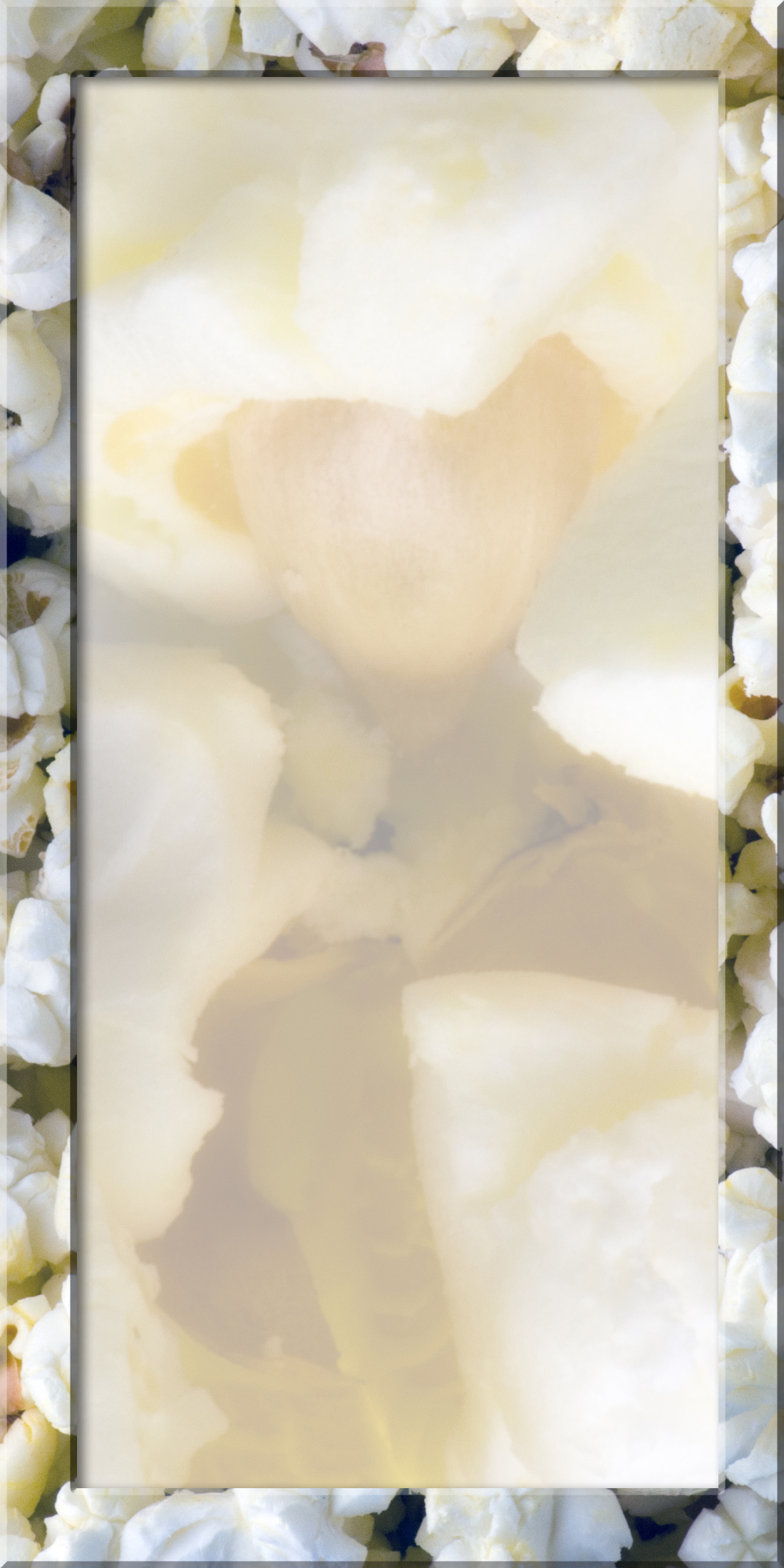PAISLEY
The ‘s’ at the end of les and cartes and postales is silent, I say, modulating my voice, hoping to conceal my dismay at Kate’s terrible pronunciation. My 14-year-old’s French oral exam is tomorrow and I want her to do well. She recently moved in with me after living with her father for six years. He must see I can care for her. I want him to let her stay.
We’re seated at the dining room table, surrounded by textbooks, a dictionary, her file stuffed with dog-eared handouts. I doodle an ‘s’ on the notepad and cross it out, explain again about elision. In Afrikaans you pronounce everything you see. Nothing is hidden. It’s a translucent language.
The paisley table cloth is faded now. My mother bought it travelling in India. She went alone, to celebrate turning 50. She took photographs of the Taj Mahal, the relics at Goa, the cripples
I draw a clock face at three o’clock. My daughter fingers a pimple. I resist the urge to brush her hand away. Quelle heure est-il? I ask.
Trwuz urz, she says, rolling her eyes. I suppress a sigh and say, Nearly right. You pronounce the ‘s’ at the end of trois because it connects to the ‘h’ of heures, but the next ‘s’ is silent. I used to teach music at l’École Française de Johannesbourg. Diplomats’ kids, mostly, and contractors’. Troubled souls who moved to new cities every few years, never settling anywhere.
I draw a four o’clock.
Ma-ahm, she says, Gimme a break. All her friends have American accents. It’s the fashion, learned on TV. We don’t have one, but my daughter mimics her friends. TV’s bad for your health, I’d said, when she asked. It makes you stupid. Still, she came. She said she wanted to live with her mom. She was tired of Jesus in the other house, and fellowship and worship and having faith.
Devons-nous faire une promenade? I say after an hour of conjugating verbs. She looks at me blankly. That means Shall we go for a walk? Let’s take a break.
Wecircle the park where small boys play cricket. Lightning flashes on the horizon. My daughter towers over me now, resting her arm on my shoulder momentarily. She’s tall, like her grandmother. Her father sends her to a private college, a fancy place my parents couldn’t have afforded. When I fetch her I’m to stay put in my little car. She doesn’t want people noticing my shabby kit. I dressed up when I went to visit her teacher, wearing my crisp linen suit, with mascara applied and a lipstick called sugar plum.
As we walk around the park jacaranda blossoms pop underfoot, pungent explosions that turn to lilac sludge in the rain. Storm clouds have built, high and puffy, the sky black in the south. I’ve forgotten the French word for clouds, for thunder.
She says, Ma, Dad’s driving me to Maritzburg this weekend. I want to go to boarding school. We’re going to look at Epworth, at St John’s. Good church schools. Je t’enverrai une carte postale. I will send you a postcard.
The sun is low. The light reflecting off the clouds bounces against white security walls, blinding us. I reach out to her, to steady myself.
CRAFTY
Kate opens the fruit I bought from the Zimbabwean boy weaving between slow cars during rush hour. My window was down, even though it’s a prime hi-jacking spot. The fan’s is broken, stuck on hot. Another boy tried selling us a beaded wire cow, big as a boot.
He said, Our mother in Harare, she make the crafty cows to feed hunger children.
We haven’t space for clutter, but I pity them. They’ll sleep next to the river if it doesn’t rain, or in the Hillbrow ghetto if it does. Both can swallow a child when they’re raging.
The boys looked Kate’s age. I bought the bag of fruit, even though I knew the apples would be floury and the peaches dented. They’ll be lucky if the police don’t get them. The R20 I paid might keep them out of Lindela, the refugee transit centre that’s like a concentration camp.
